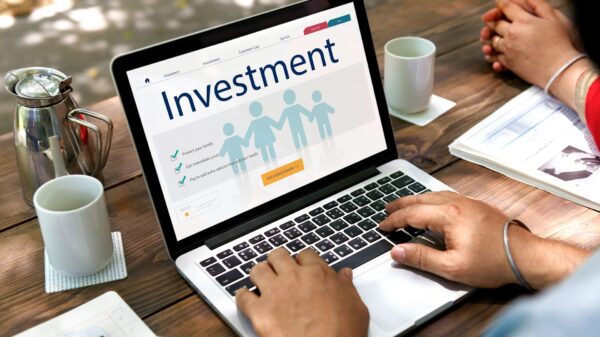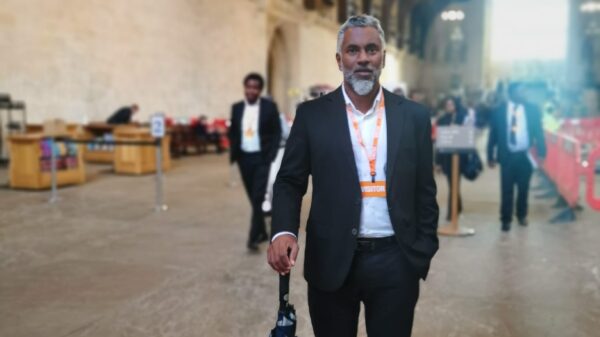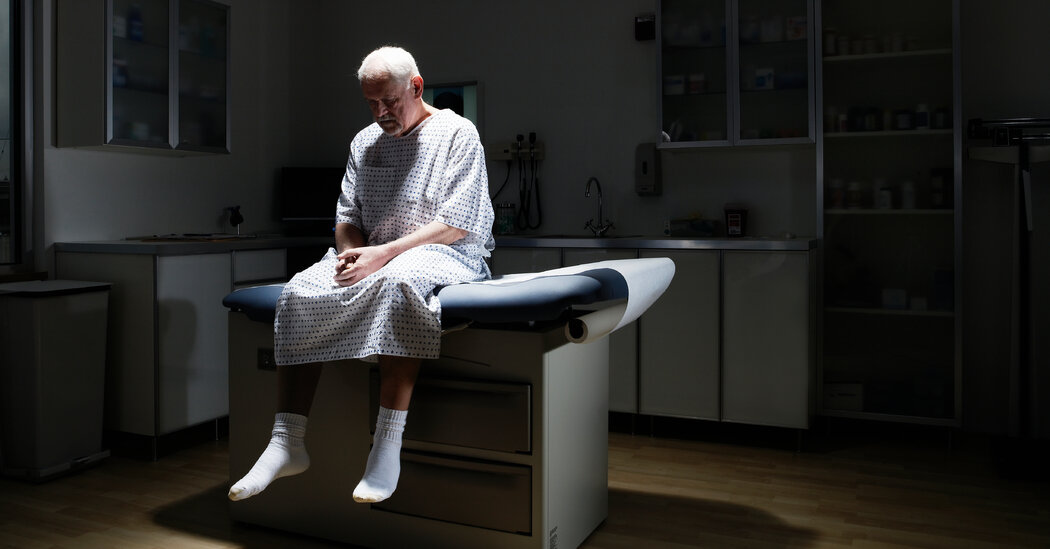From the beginning of the Covid-19 pandemic, the risk of getting infected with the coronavirus and developing severe disease from it was substantially higher for the millions of Americans with weakened immune systems because of treatment for cancer, autoimmune disorders, transplants and many other conditions.
Vaccines promised a respite. But physicians like us who care for immunocompromised people quickly learned that our patients’ immune responses from vaccines were often weak. For example, in one study we showed that transplant recipients who were vaccinated with two doses of mRNA vaccines made by Moderna and Pfizer had an 82-fold higher risk of infection and 485-fold higher risk of hospitalization or dying compared with the vaccinated general population overall.
These revelations were frightening, and without clear guidance from health officials on how to proceed, many immunocompromised people took it upon themselves to find solutions. Some figured out how to get additional vaccine doses by finding pharmacies that didn’t ask about prior doses or by persuading doctors and pharmacists to help them.
In an effort to increase immunity in this group, the Food and Drug Administration eventually authorized an additional third vaccine dose of the Pfizer and Moderna vaccines in August. Omicron has since added to the urgency for the immunocompromised. Some people have sought fourth and fifth doses though the safety and effectiveness has not been fully studied. In an encouraging step, the Centers for Disease Control and Prevention will now allow some people with weak immune systems to get a fourth dose this year, but only as a booster taken five months from their last shot.
High-risk people should not be made to feel that they are on their own to protect themselves. Public health officials and other providers must realize that Omicron is especially scary for the immunocompromised because it is so contagious and widespread and can infect people even with robust immune systems.
What can people with weakened immunity do and how can society help protect them?
People with compromised immune systems should wear high-quality masks like N95s and minimize exposure to other people, particularly the unvaccinated, during surges of infections. However, they have jobs, families and lives to live. They cannot be expected to hide in the basement until the Omicron variant disappears.
As a society, we can help substantially by getting vaccinated and boosted as recommended, which can help control the pandemic. People who are going to interact with immunocompromised individuals should take additional precautions, like using masks and getting tested beforehand to avoid infecting them.
The immunocompromised also need more information and options from policymakers and doctors on how to protect themselves. Patients and their providers like us are looking to national leadership for urgent guidance. The C.D.C. needs to provide frequent and updated recommendations for things like antibody testing, additional vaccine doses and timing of boosters. The F.D.A. needs to remove blanket restrictions on additional vaccine doses for this group and allow providers to practice personalized medicine for their high-risk patients.
For example, many people with weakened immune systems do not produce antibodies after vaccination. Antibodies are the primary “wall” protecting against infection by the coronavirus, and a towering wall is needed for Omicron. Although antibodies are not the only measure of protection from severe disease, they are easily measurable and testing for them is helpful for understanding infection risk in the most vulnerable groups. But this practice has not been recommended by the C.D.C. or the F.D.A., perhaps because the early market was flooded with antibody tests that were inaccurate. There’s also no guidance for medical providers about which antibody tests would be informative for these patients, how to obtain them and how to interpret the results.
Pre-exposure monoclonal antibody treatments are another promising prevention tool for the immune compromised. This is when uninfected people are given manufactured antibodies that work against the virus as a protective measure. One such cocktail was recently authorized by the F.D.A., but its availability has been extremely limited and production should be prioritized. We are also currently studying whether transplant patients develop stronger immunity from additional vaccine doses if they temporarily reduce their immunity suppressing medication.
Most important, pharmaceutical companies conducting clinical trials for drugs that may prevent or treat Covid-19 need to include people with weakened immune systems. Severely immunocompromised people, like transplant patients, were excluded from all of the major vaccine trials, and only a handful were included in the monoclonal antibody and antiviral studies. As these drugs become available, this patient group needs priority and it would be better to know earlier how well they work for them and how safe they are.
Medical providers need to help their immunocompromised patients make challenging decisions for their daily lives by gauging and mitigating their risk. But we need the tools and guidance to do so. Only with a better understanding of the science, and clarity from health authorities, do we have any hope of protecting our vulnerable friends, family members and neighbors and allowing them to live fully.
Dorry Segev (@dorry_segev) is a professor of surgery and epidemiology and associate vice chair of surgery at Johns Hopkins University School of Medicine and Bloomberg School of Public Health. Dr. Segev leads the study of Covid-19 vaccine responses in immunocompromised people. William Werbel (@HIV_TID) is a transplant and oncology infectious diseases doctor and assistant professor of medicine at Johns Hopkins University School of Medicine.
The Times is committed to publishing a diversity of letters to the editor. We’d like to hear what you think about this or any of our articles. Here are some tips. And here’s our email: letters@nytimes.com.
Follow The New York Times Opinion section on Facebook, Twitter (@NYTopinion) and Instagram.

























